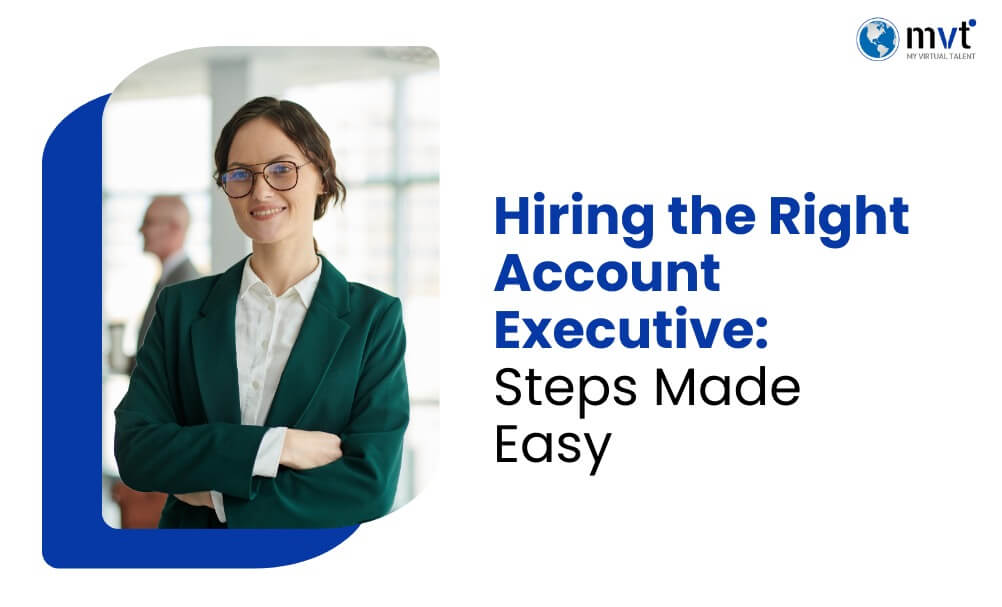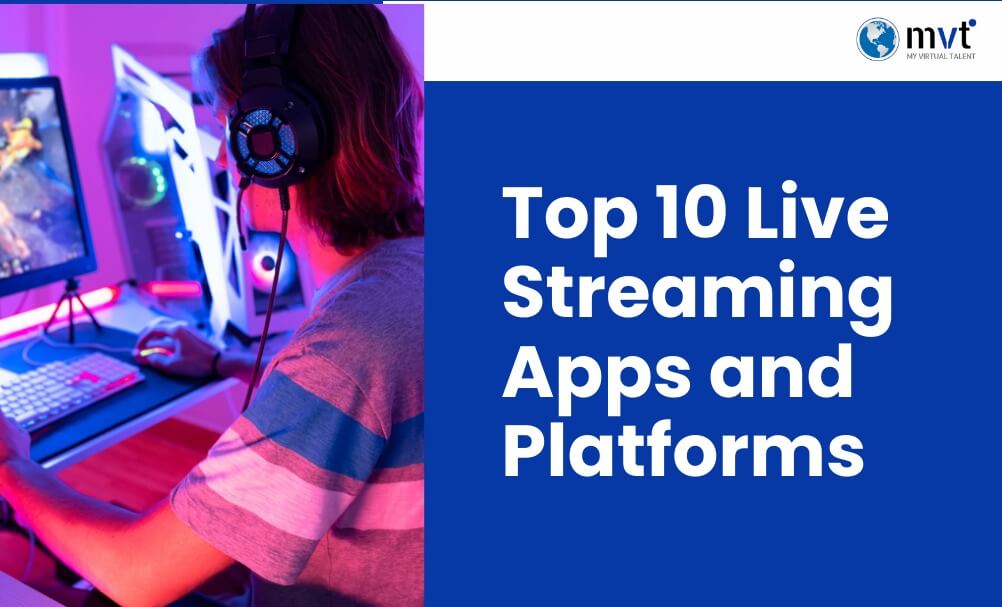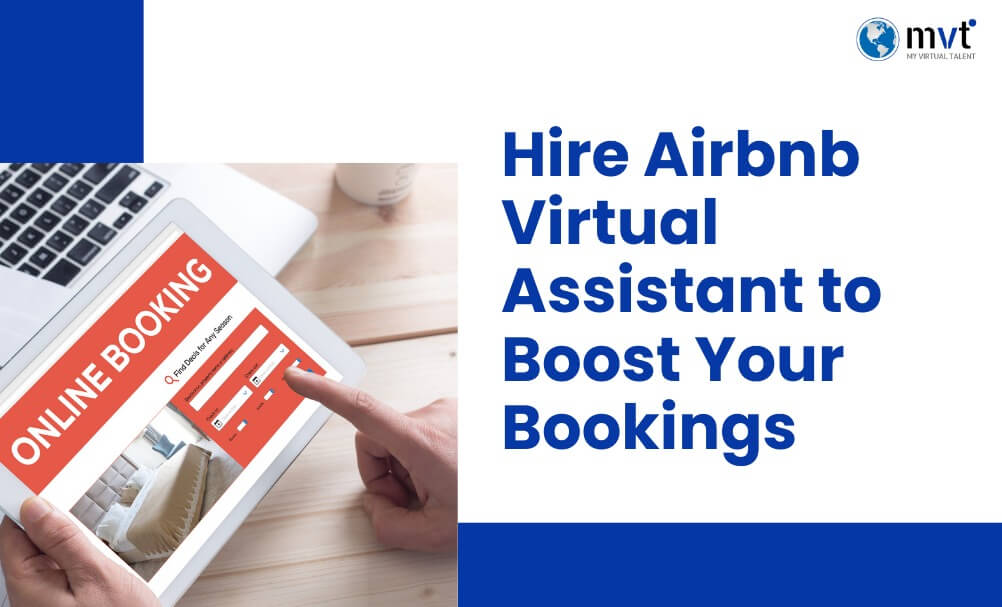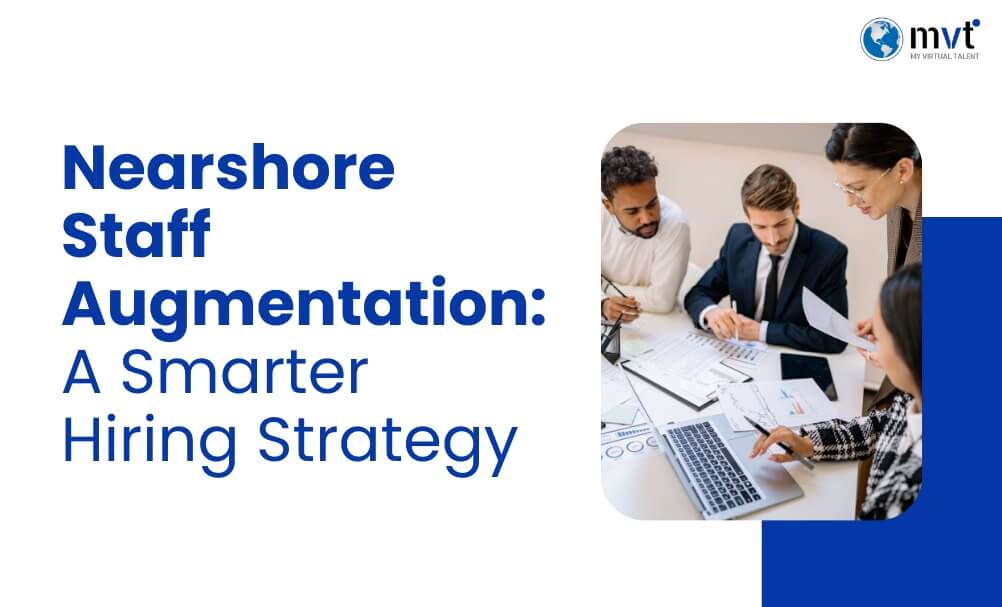
A single top-performing account executive can generate nearly twice the revenue of an average one. This isn’t just a hopeful guess; it’s a reality many sales leaders have witnessed firsthand. In the competitive world of business, the right sales team is not just an asset; it’s your primary engine for growth. An exceptional account executive (AE) can transform your revenue trajectory, forge lasting client relationships, and become a cornerstone of your company’s success.
Finding a truly great account executive, however, is a formidable challenge. The role demands a rare combination of skills: the tenacity of a classic salesperson, deep product expertise, and the finesse of a diplomat. They need to be strategic thinkers, compelling storytellers, and trusted advisors all at once. Many hiring managers and founders learn the hard way that a mis-hire in this position can be costly, leading to lost revenue, missed opportunities, and a dip in team morale.
This guide is designed to demystify the process. We will provide a clear, step-by-step framework to help you find, vet, and hire the perfect account executive for your team. We’ll walk through everything from defining the role and crafting a magnetic job description to sourcing top talent, conducting insightful interviews, and making an offer they can’t refuse. By the end, you’ll have a repeatable process to build a sales team that consistently hits its targets and drives your business forward.
What Does a Great Account Executive Actually Do?
Before you hire a great account executive, it’s important to understand what they really do. Their work is not just about closing deals. A skilled account executive takes ownership of the middle and final stages of the sales cycle, becoming the main person guiding prospects to a decision.
They start by reviewing qualified leads that Sales Development Reps (SDRs) have already warmed up. From there, they run discovery calls to learn the client’s real needs, challenges, and goals. Once they understand the problem, they present solutions clearly, showing exactly how the product or service helps.
A good account executive also knows how to handle objections, discuss pricing, and close contracts in a way that benefits both sides. Even before the sale, they build trust with prospects, laying the groundwork for strong, long-term relationships. Their focus is winning new business and driving growth.
Step 1: Crafting the Perfect Job Description
The first step in hiring the right account executive is writing a clear and compelling job description. This document acts like a magnet, attracting the right candidates while naturally filtering out those who may not be a good fit. A vague description only brings generic applications, but a well-detailed one draws high performers who understand exactly what you need.
Key Responsibilities
Be specific about daily tasks. For example: manage a pipeline of leads from qualification to close, run 5–7 personalized demos each week, maintain accurate CRM records, create and follow sales strategies to exceed targets, and work with customer success to ensure smooth onboarding.
Essential Skills & Qualifications
Set realistic but high standards. Common requirements include: 3+ years of B2B SaaS sales experience, a strong record of meeting or beating quotas, excellent presentation and negotiation skills, and CRM knowledge. Experience with a formal sales method is a bonus.
Company Culture & Values
This is your chance to stand out. Share your mission, vision, and benefits. Highlight growth opportunities, supportive teamwork, and how the account executive will directly impact company success. When they see your culture clearly, the right candidates will feel inspired to apply.
Step 2: Sourcing Top-Tier Talent
After crafting a strong job description, the next step in hiring an account executive is finding the right candidates. You can’t just post a job and wait. The best talent is often passive, meaning they are not actively searching but may be open to the right opportunity. That’s why using multiple channels is so important.
Job Boards
Start with well-known boards such as LinkedIn Jobs and Indeed. For more targeted searches, use sales-focused platforms such as Sales Gravy or RepVue, where top-performing salespeople often look for opportunities.
LinkedIn Outreach
Don’t rely only on apps. Make use of LinkedIn to check & identify professionals who match your ideal profile. Send personalized messages, referencing something specific from their profile to show genuine interest. Avoid generic templates.
Referrals
Your team members can be a great source of talent. They already know your culture and can recommend candidates who fit well. A referral bonus program can motivate employees to introduce strong prospects.
Recruiters
If time is short or the role is vital, consider specialized sales recruiters. They already have networks of proven candidates and can connect you with pre-vetted account executive professionals quickly.
Step 3: The Interview Process: Separating the Good from the Great
To hire the right account executive, you need a structured, multi-step interview process. Each stage should focus on something different and involve the right people from your team.
Initial Screening (HR or Hiring Manager)
This short call helps you check basic fit. Talk about culture, salary expectations, career goals, and general experience. Ask questions like:
- What motivated you to apply here?
- Can you walk me through your experience?
- What are your salary expectations?
- What do you want in your next role?
Technical Interview (Sales Leader or Peer AE)
Now focus on sales skills. Ask about how they closed complex deals, what they learned from losing a deal, and how they handle pricing objections. Always include a role-play exercise, such as running a 15-minute discovery call. Watch how they ask questions, listen, and present solutions.
Final Interview (Executive or Founder)
This round looks at long-term vision. Ask where they see growth opportunities, how they view the industry, and how they’d contribute beyond hitting quotas.
Red Flags
Avoid candidates who blame others, lack curiosity, or only talk about personal gain. A true account executive should focus on customers and teamwork.
Step 4: Assessing Key Account Executive Competencies
Throughout the interview process, you should be looking for specific traits that are hallmarks of a great account executive.
- Coachability: How do they respond to feedback during the role-play? Are they defensive, or do they absorb the advice and try to apply it? A coachable AE is an AE who can grow.
- Curiosity: Do they ask thoughtful questions? A great AE is genuinely interested in understanding the prospect’s world.
- Resilience: Sales is full of rejection. Look for candidates who can talk about their failures with a growth mindset, focusing on what they learned rather than making excuses.
- Process-Oriented: Can they clearly articulate their sales methodology? Whether it’s MEDDIC, Challenger Sale, or another framework, a structured approach indicates discipline and an ability to scale.
- Value-Driven: Do they sell features, or do they sell solutions? The best AEs focus on the value and ROI their product delivers, not just a list of what it can do.
Step 5: Sealing the Deal: Making an Offer They Can’t Refuse
Once you’ve identified the right account executive, the final step is securing their acceptance with a strong and clear offer. This stage is just as important as the interviews, because even the best candidate may decline if the offer doesn’t feel right.
Competitive Compensation
Do your research on industry standards for account executive salaries in your market. A solid offer usually includes a fair base salary and an attractive commission plan that is uncapped. Always explain clearly what their on-target earnings (OTE) will look like, and how the commission structure works. This shows transparency and builds trust.
The Personal Touch
Make the first offer through a personal phone call. Have the hiring manager or sales leader share genuine excitement about bringing them onto the team. A warm, personal approach makes the candidate feel valued.
Formal Offer Letter
After the call, send a detailed offer letter. This should include start date, salary, commission plan, benefits, reporting manager, and any other details. A clear, professional letter removes confusion and sets the tone for a smooth start.
Sealing the deal the right way helps you secure your top account executive with confidence.
Build Your Dream Sales Team
Hiring the right account executive is one of the smartest moves any business can make. This role is directly tied to revenue, growth, and customer success. A great hire starts with a clear job description that explains responsibilities and expectations. From there, a structured interview process helps you evaluate skills, sales experience, and cultural fit. Each step should be designed to confirm whether the candidate has the drive, communication skills, and problem-solving ability to succeed in a demanding sales role.
When you take the time to carefully define the role and follow a solid hiring process, you’re doing more than filling a position. You’re making a long-term investment in the future of your company. A strong account executive doesn’t just close deals; they help create lasting customer relationships and contribute to building a high-performance sales team that drives growth.
Hiring well means fewer mistakes, more consistent results, and a clear path to scaling your business.
Ready to find the right account executive for your company? Consult MyVirtualTalent today and let us help you connect with skilled sales professionals who can accelerate your success.
Looking for fresh content?
Get articles and insights from our weekly newsletter.
Recent Posts
Reduce Your Marketing Spend By 70% And Grow Your Revenue Organically 10X Faster!
Get a Free Quote Today!










